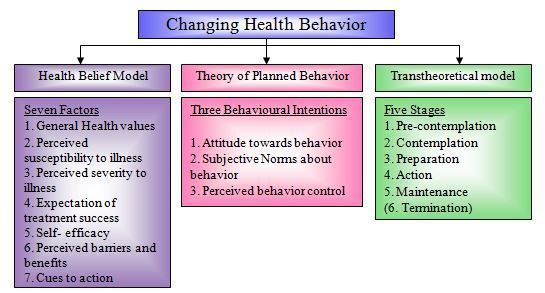Applying Social Psychology to Health - Changing Health Behavior by students of Smt. Maniben M P Shah College, Matunga, MA students - Psychology
Angeheftet an
332
0
0
Keine Merkmale angegeben
|
|
Erstellt von Tejaswi K
vor fast 6 Jahre
|
|
Schließen





